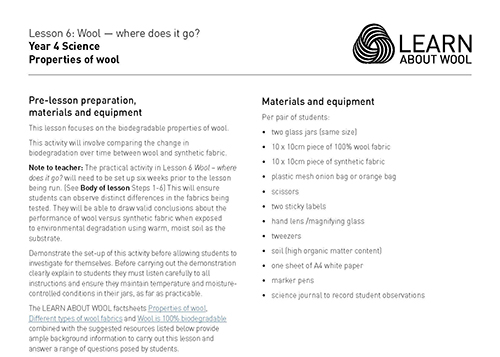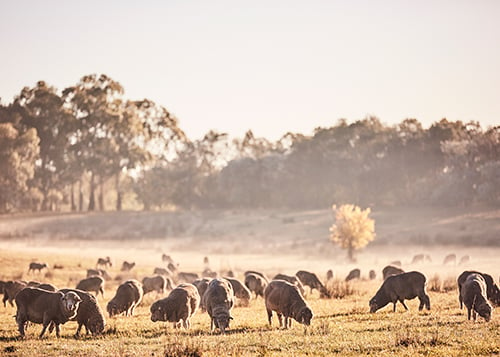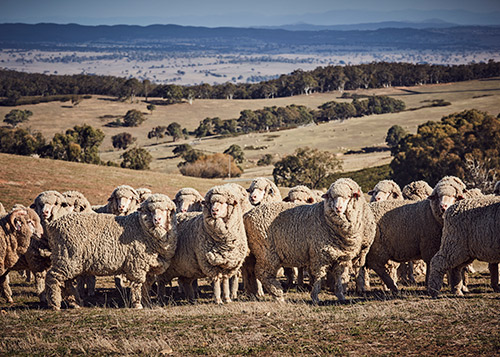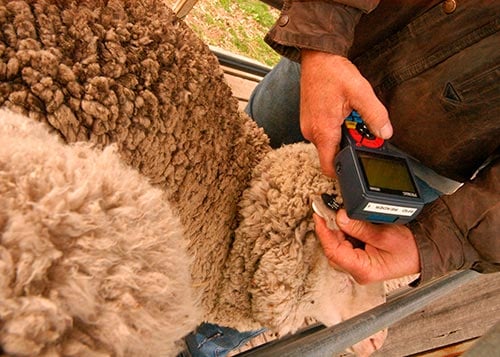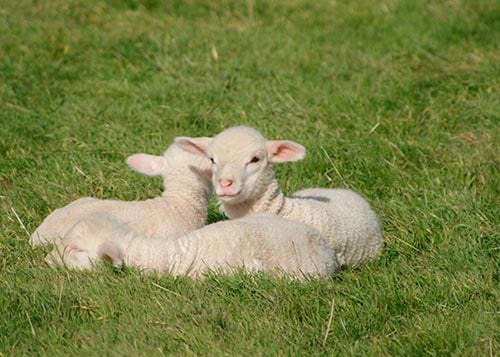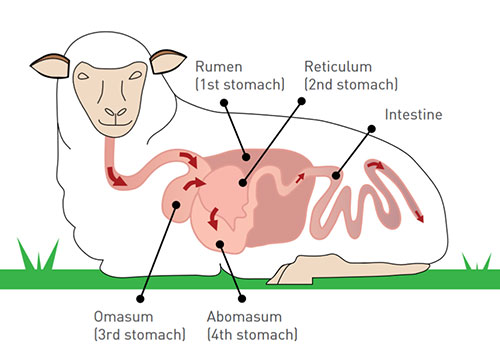The world’s landfill facilities are overflowing and a major contributor to this problem is the disposal of unwanted clothing, including wool garments. Wool is composed of protein so microbes within the soil can digest the fibre and return nutrients to the soil. Synthetic fibres, on the other hand, can be extremely slow to break down and significantly contribute to the world’s overflowing landfills. In landfills wool degrades rapidly with no long-term damage to the environment.
The focus of this lesson is to encourage students to think about the link between the biodegradable properties of a fibre and the implications for its end use.
During this lesson students will have the opportunity to:
- test the biodegradability capacities of wool fabric compared with synthetic fabric
- consider the implications of wool’s ability to influence sustainable fashion choices of the user in a range of everyday settings.
NOTE: This lesson contains an extension activity:
- have students research other methods of reducing the amount of landfill by recycling used garments, rather than disposing of them.
Links to the Australian Curriculum:
- Natural and processed materials have a range of physical properties that can influence their use. (ACSSU074)
- Science involves making predictions and describing patterns and relationships (ACSHE061)
- Represent and communicate observations, ideas and findings using formal and informal representations (ACSIS071)
- Compare results with predictions, suggesting possible reasons for findings (ACSIS216)
- Reflect on investigations, including whether a test was fair or not (ACSIS069)
- With guidance, plan and conduct scientific investigations to find answers to questions, considering the safe use of appropriate (ACSIS065)
- Consider the elements of fair tests and use formal measurements and digital technologies as appropriate, to make and record observations accurately (ACSIS066)
- Science knowledge helps people to understand the effect of their actions (ACSHE062)
